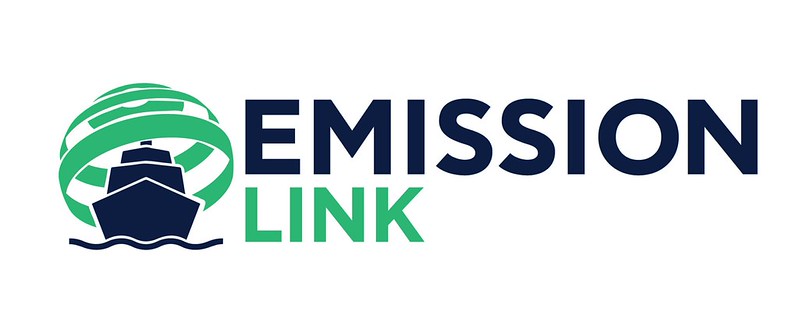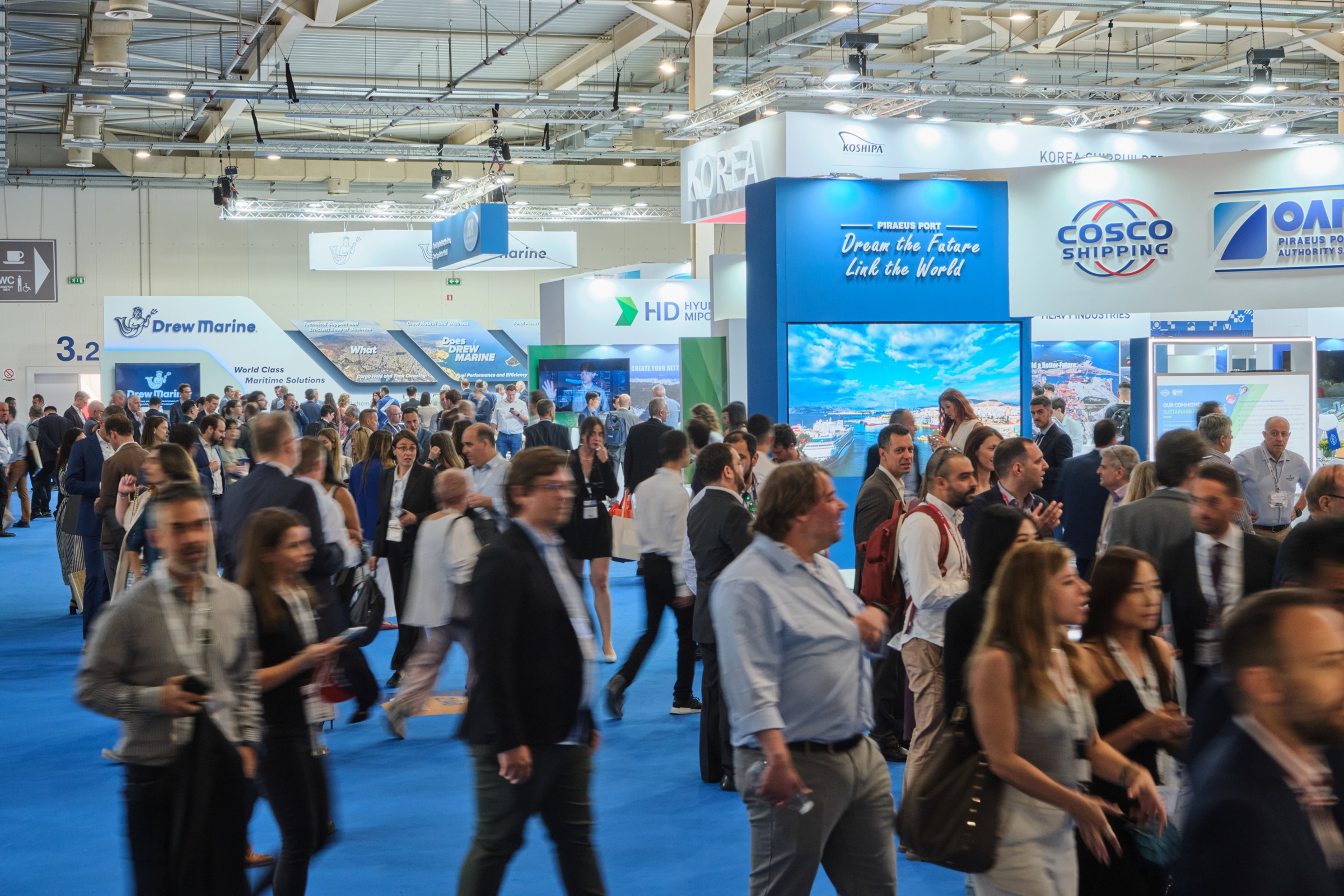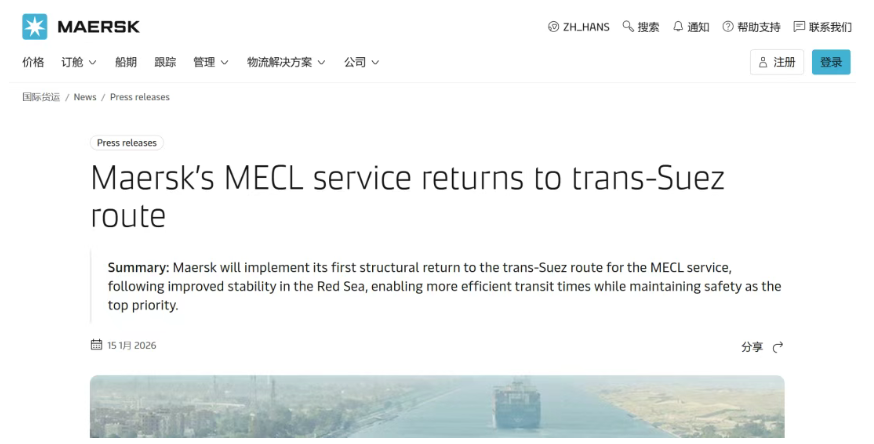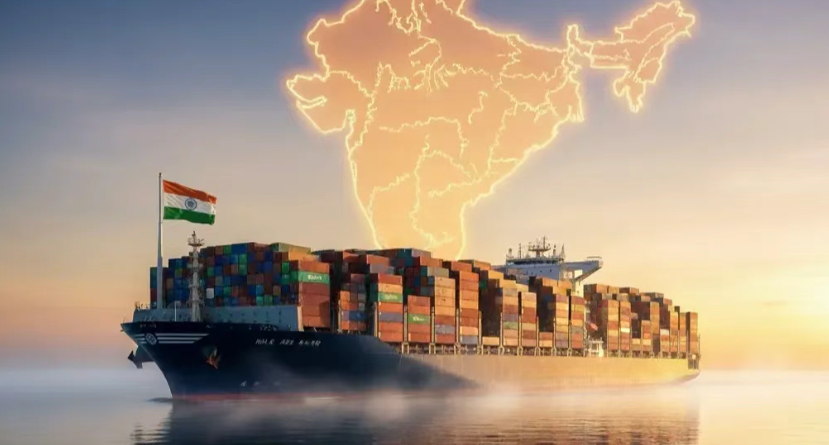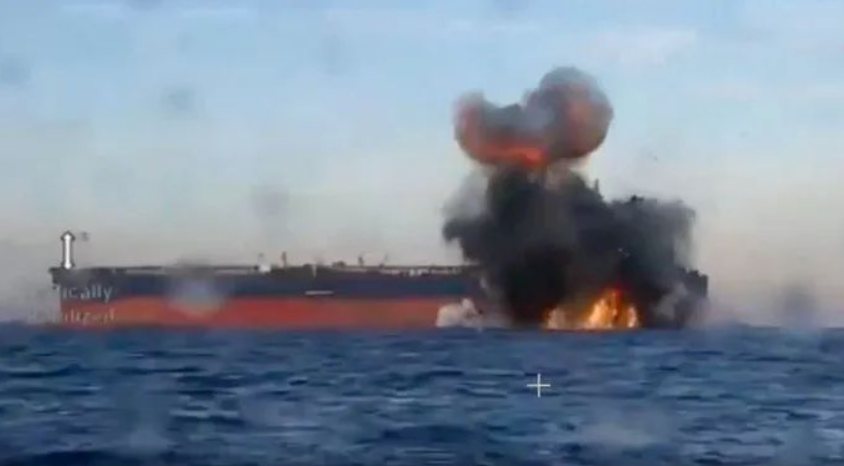
The Global Centre for Maritime Decarbonisation (GCMD) and the International Association of Ports and Harbours (IAPH) have signed a two-year Coalition partnership agreement aimed at accelerating decarbonisation of the maritime sector. This collaboration was announced at the IAPH 2025 World Ports Conference in Kobe, Japan.
This partnership brings together GCMD’s expertise in closing operational, safety and technical gaps across the shipping value chain with IAPH’s clean marine fuels and port readiness level expert working groups, as part of its global port network comprising more than 200 port authorities and operators in over 85 countries.
Together, GCMD and IAPH aim to strengthen the industry’s readiness for shipping’s fuel transition by tackling challenges and seizing opportunities in advancing alternative fuels bunkering, developing port infrastructure, and shaping evolving regulatory frameworks.
Advancing the role of ports in shipping’s fuel transition
Ports are uniquely positioned to accelerate maritime decarbonisation. They provide essential local expertise, including assessing navigational risks, liaising with regulators, and engaging with local communities to ensure safe pilots and trials, and enabling the eventual safe and large-scale adoption of low-carbon fuels.
In parallel, GCMD executes pilots across the value chain, co-develops risk-mitigation strategies for deploying new fuels, and establishes operating procedures for activities, such as safe ammonia bunkering and liquid CO₂ offloading. By tailoring findings to port-specific conditions and sharing results across multiple ports, GCMD seeks to close knowledge gaps and build globally applicable practices.
Through its Clean Marine Fuels Working Group, IAPH has created practical tools for ports and shipping that facilitate safe and efficient bunker operations for all existing and upcoming clean marine fuels. Leveraging its global port network, IAPH will collaborate with GCMD to refine its own suite of tools and co-develop new ones to assist ports, shipowners and operators in adopting new bunkering fuels in a safe and efficient manner, as well as in the transportation of low- and zero-carbon fuels as cargo.
Building on existing collaboration
The partnership builds on a strong foundation of existing collaboration. GCMD is a supporting partner in the Clean Energy Marine Hubs (CEM-HUBS) initiative, of which IAPH is a founding member. CEM-HUBS is a cross-sectoral publicprivate platform jointly led by an industry task force of CEOs and energy ministers under the banner of the Clean Energy Ministerial (CEM).
The partnership builds on a strong foundation of existing collaboration. GCMD is a supporting partner in the Clean Energy Marine Hubs (CEM-HUBS) initiative, of which IAPH is a founding member. CEM-HUBS is a cross-sectoral publicprivate platform jointly led by an industry task force of CEOs and energy ministers under the banner of the Clean Energy Ministerial (CEM).
Through this Coalition partnership, both GCMD and IAPH will further advance their shared goals of positioning shipping as a key enabler in the production, transport, and adoption of low-carbon fuels. GCMD highlights pilot learnings at the IAPH 2025 World Ports Conference, Kobe At the IAPH 70th anniversary 2025 World Ports Conference in Kobe, Professor Lynn Loo, CEO of GCMD, drew on her team’s real-world pilot experience, citing GCMD’s Project CAPTURED, which involved working with multiple ports in China, to enable the safe offloading of captured and liquefied CO2 and its delivery to an off-taker inland.
Professor Lynn Loo, CEO, GCMD, said, “In nearly all of GCMD’s pilots, ports have been pivotal to success—whether in enabling the world’s first ship-to-ship ammonia transfer at the Pilbara, bunkering across six biofuel supply chains in Singapore or the Port of Rotterdam, or demonstrating the full value chain for onboard captured CO2 in China. Our collaboration with IAPH brings global reach and influence that will help us deepen our work with ports, turning pilot learnings into scalable operations essential for the energy transition.”
Patrick Verhoeven, Managing Director, IAPH, commented: ”We look forward to teaming up with GCMD’s experts, who will work with our port members to co-develop tools to help further accelerate the decarbonisation of the maritime sector and to derisk long-term investments in port infrastructure, which will be essential for the industry’s energy transition.”
source: GCMD
source: GCMD
The opinions expressed herein are the author's and not necessarily those of The Xinde Marine News.
Please Contact Us at:
media@xindemarine.com

